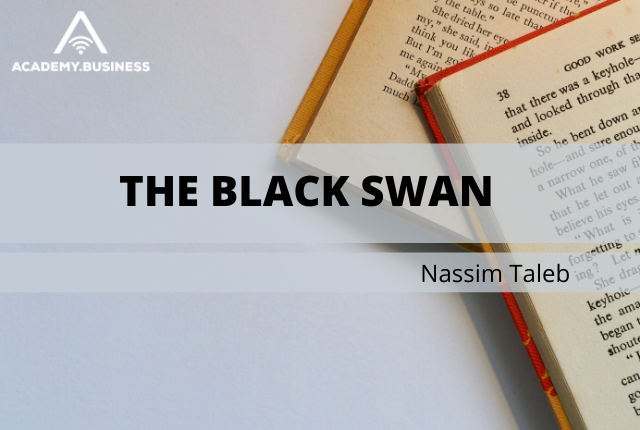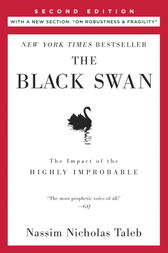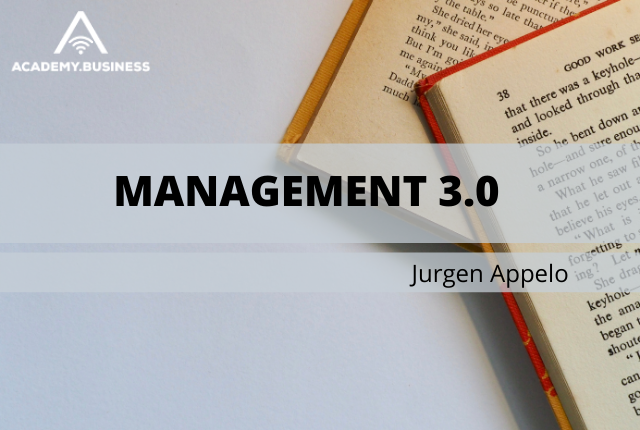You’ve probably heard the phrase, “You don’t know what you don’t know” in passing. But have you ever stopped to consider the meaning of this phrase? Furthermore, what ramifications does not knowing something have on your life, your business, and your financial future?
Considering the unknown is an uncomfortable situation for all of us. But why? And how can we acknowledge that which we don’t know… much less prepare for it? In his book “The Black Swan: The Impact of the Highly Improbable”, Nassim Taleb guides us down this rabbit hole of contemplation, providing guidance and advice to prevent us from becoming too stressed out at the idea of the unknown and unimaginable.
What Is a Black Swan?
The title of the book, and the concept Taleb outlines, comes from a common knowledge foible. People tend to limit their learning and knowledge to that which they have directly observed or experienced. Therefore, if you’ve only ever seen white swans, seeing a black swan for the first time is going to be shocking. Because you’ve never seen a black swan, you’ve never even considered the possibility that they exist.
An event is considered a “Black Swan” if it is just as unpredictable and unknown. In fact, Taleb outlines three specific criteria for considering an event a “Black Swan”:
- It is rare. This is not something that happens frequently or on a regular schedule or cycle.
- The impact of this event is extreme. Whether extremely positive or extremely negative depends on the event and your own perspective.
- Once the event has happened, people apply “retrospective predictability” to the event. This means that, even though there was no way to know that this event was going to occur, people start looking back at the chain of circumstances leading up to it, as if to learn how they could have predicted it.
This might be a hard concept to consider at first, so let’s look at some examples.
Examples of Black Swans
One truly tragic “Black Swan” event would be that of the attacks that occurred on 11, September 2001. No one could have predicted what happened that day, or else we would have been prepared for it.
Flights would have been grounded, the buildings impacted would have been evacuated or blockaded to prevent entry, and the entire tragedy would have been prevented. While experts retroactively try to piece together circumstances and occasions that led up to the attacks, there was nothing on our radar at the time. Hence, it was an unknown deviation, or a Black Swan.
The Black Swan is not always a truly terrible event; in fact, it can be a very wonderful surprise!
Many of us have personal anecdotes of situations that seemed regular or commonplace, until something amazing happened. “I felt like buying a lottery ticket on a whim, and I won!” or “I bought a painting because I liked the frame, and it turned out to be the work of a famous artist!” In each of these cases, the anticipated outcome of these events is nothing spectacular, but instead, the person was surprised with extreme good fortune.
Purchase a copy of this book here.
Why Should We Acknowledge the Black Swan?
As Nassim Taleb notes, humans have “severe limitation to our learning from observations or experience” and fail to recognize “the fragility of our knowledge”. That is to say, humans cling perhaps a bit too tightly to what they do know without respecting that there is much information that they do not know.
The first step to protecting yourself against a negative Black Swan event, or to allow a positive Black Swan event to occur at all, is to admit that you have no idea what is going to happen in your life or your surroundings, and that there are things that cannot be quantified or predicted.
Easier said than done, right?
But consider the example Taleb provides of “Mediocristan” and “Extremistan”.
Mediocristan and Extremistan
In Mediocristan, everything can be measured quantifiably and in direct proportion to each other. From a large enough sample size, no single artifact is able to significantly change the overall data, and predictions are easy. This is actually true in some scenarios. If you have a room full of adult cats, you’ll be able to say the average weight of an adult cat is around ten pounds. Some cats might weigh five pounds, and some might weigh fifteen pounds, but given the number of cats, you’ll be able to predict a bell curve of average weight, lower weight, and higher weight cats.
In Extremistan, things aren’t quite so easy. Let’s say you’ve got the same room full of cats. But now, instead of measuring their weight, you’re going to measure the size of white markings on the cats. Some of these cats will have no white markings, while other cats will be completely white. You might be able to come up with an overall average, but because of the extreme variations between “none” and “all”, that average won’t really represent what’s happening in the room.
Instead, Taleb asks us to consider what he terms “Mandelbrotian Randomness” Instead of resting on the theory that all options are evenly distributed, consider that all deviations from the norm are equally probable. An all white cat is just as likely as a cat with a white chin or socks, to follow this example.
Purchase a copy of this book here.
So How do We React to Black Swans?
Nassim Taleb’s recommendation, once we’ve acknowledged the reality of a Black Swan, is to prepare with a robust strategy. This, of course, can take many forms, depending on your preferences and capabilities.
The first is to have an “insurance” policy. While it’s fine to go all in on your investments or ventures, make sure you have enough set aside to bail yourself out from any potential negative Black Swan. This can take the form of stop losses, in which you immediately get out of the game if losses start to mount up, or an actual cash reserve that can help you recoup your losses and find another direction.
Another option is the “barbell” strategy. While most people try to tread the proverbial “middle of the road” in order to play it safe, what if you placed the greater portion of your investment – say 85% or greater – in very, very safe options. Then you place the remainder of your money (or time, or effort, depending on the scenario), on very risky, aggressive options.
That way, you protect yourself from a truly disastrous Black Swan by the gains that you have made on the conservative investments, while allowing yourself to be open to the opportunity of very positive Black Swans with the more speculative investments.
The Practical Advice
Nassim Taleb published “The Black Swan: The Impact of the Highly Improbable” in 2007, and it has since become a philosophical cornerstone for his “Incerto” series.
This five volume collection is a thoughtful collection on the concept of the unknown from the point of view of a statistician and risk analyst. Mr. Taleb has a rich background in mathematical finance, hedge funds and derivatives, and currently holds the position of Distinguished Professor of Risk Engineering at the New York University Tandon School of Engineering.
While the books take the reader on a deep plunge into the rabbit hole of uncertainty, the practical advice provided by Mr. Taleb has an invaluable place in creating a sense of preparedness for small business owners and investors alike.










